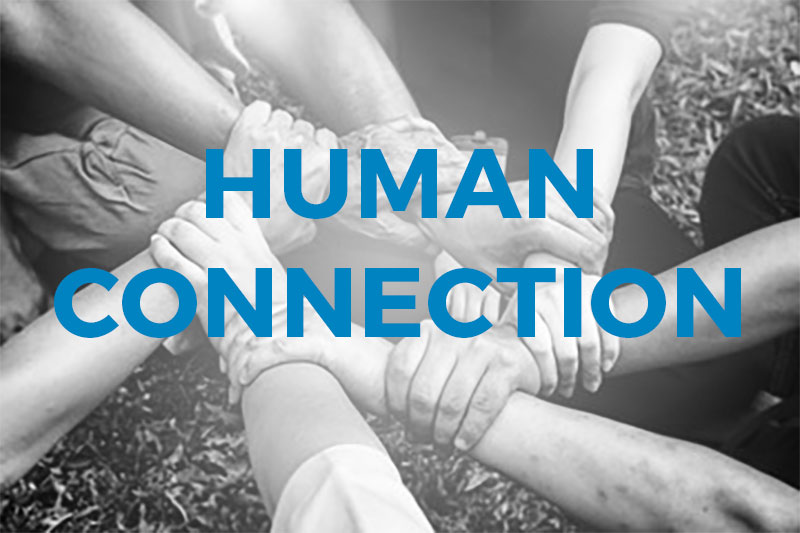Listen to this blog:

In the wake of the pandemic as things slowly return to normal, or a “new normal” is created, the need for human connection is great. Communication, transparency and ensuring that employees have the tools, resources and have developed the skills they need to thrive will be critical.
Communication
Is there such a thing as “too much information”? It’s so important for employees to understand not just what they are tasked to do, but why. So often, once an employee or team understands the “why”, they have useful suggestions as to how to achieve it. It is difficult to operate in a vacuum. Managers who take the time to discuss the full challenge and invite employees to offer solutions will build a more inclusive and productive culture.
Transparency
Not just the illusion of transparency, but actual transparency. So many employees have had the experience of working remotely during the pandemic. Some do not want to head back to the office; others can’t wait to get back to the office. Many companies have adopted a hybrid model to satisfy the wishes of employees. For those jobs that are difficult to perform remotely, how many managers are truly transparent in discussing the policies with employees? What is the financial impact to the company? How will it impact customers or clients? Compromises that may satisfy the employee without impacting company productivity or profitability can only be reached through actual transparency.
Reskilling & Upskilling Employees
Whether it’s reskilling employees to learn new skills to help them perform different jobs or upskilling employees to better equip them to do their job, investing in tools, resources and training will be critical. In the current transitional work environment where external economic factors, residual pandemic effects and adopting new workplace models play a role, managers need to ensure that employee skills are upgraded. In the next year we’ll see the importance of retaining, reskilling and upskilling existing employees to avoid incurring the expense of hiring or replacing employees.
The Human Connection
Remote workers, Zoom meetings and conference calls are not great facilitators of a human connection. Although Millennials and younger are stereotyped into only needing virtual connections, we’re seeing that the pandemic has made actual human connection very important.
Studies find that empathy is the most important leadership skill and is strongly connected to employee performance. Managers who lead with compassion and empathy are likely to be most successful going forward.
Performance improvement, incentive and reward & recognition programs are excellent vehicles for setting goals for training or new skills and communicating expectations.
To learn how you can build a stronger human connection with your employees through effective performance improvement programs, contact one of our experts today!





0 Comments